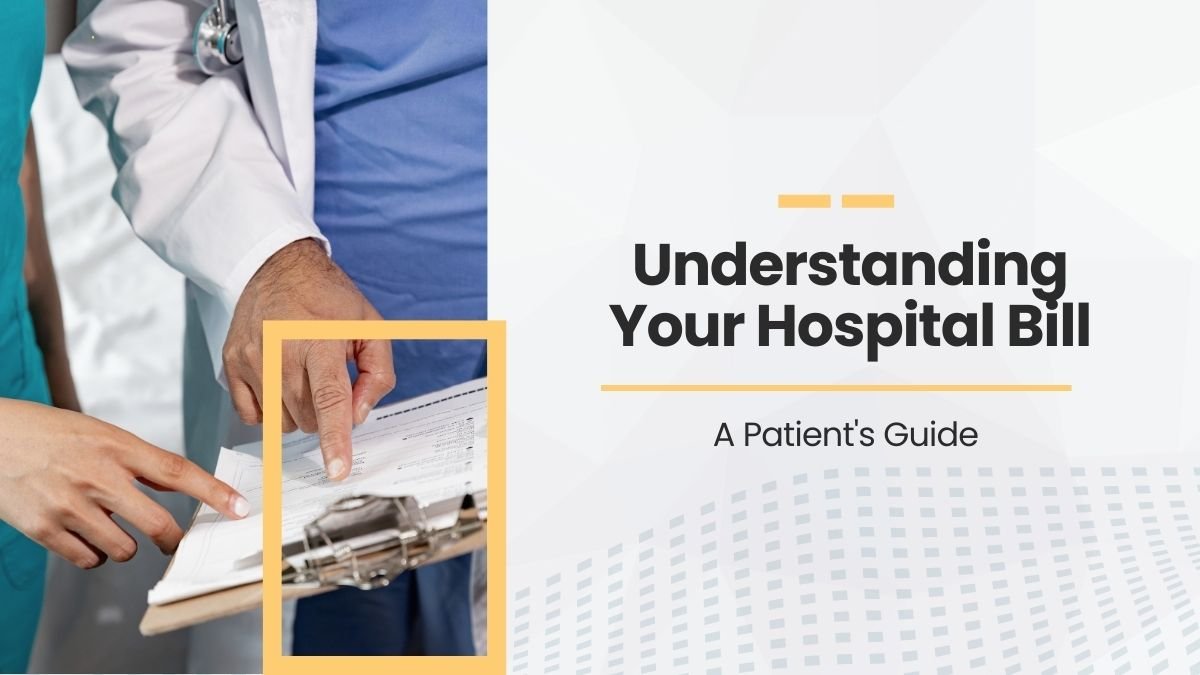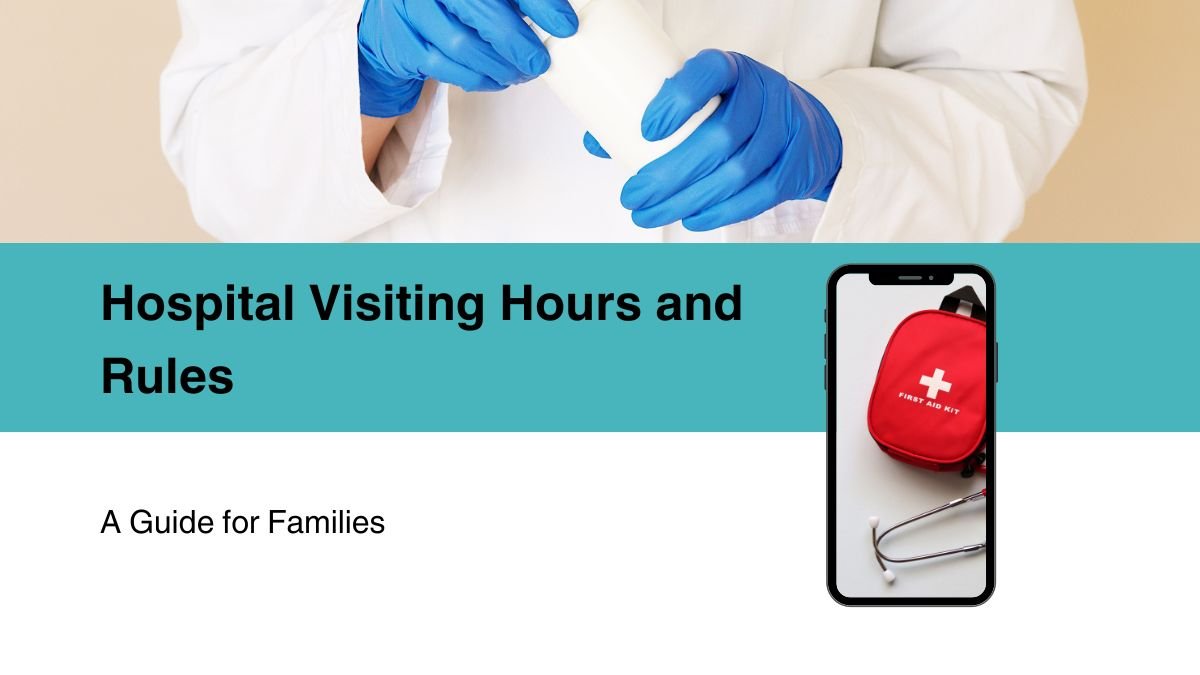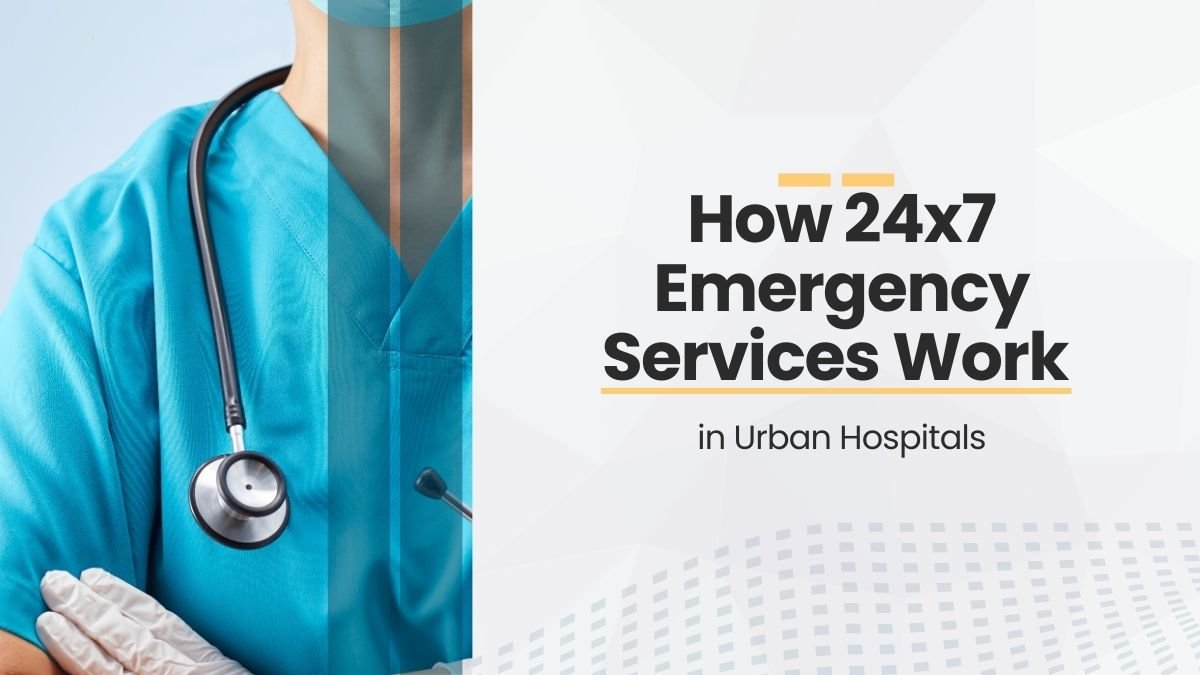Hospital bills are often found to be convoluted and incapacitating. They involve different charges, medical terminology, and insurance terminologies that sound way too confusing for understanding by the average person. But knowing your bill is important for you as it enables you to take hold of your health expenses and avoid unnecessary financial stress in life.
This guide attempts to cover the common parts of a hospital bill, common charges, and insurance implications. It shall also provide information on reducing those costs and the right way to understanding them.
Why is it important to know about hospital bills?
Hospital bills today are often heavy and complex. They comprise many different charges: room rates, medications, tests, and fees for the doctor. If you don’t understand well your bill, people can end up paying more than they ought to.
Suppose you or a family member has a deserving hospitalization. After the treatment, when the bill comes, we get nervous seeing the many line-item charges coded, looking totally unprofessional, and of not much use for down-to-earth understanding. Hence, understanding the painstakingly detailed bill and reviewing it becomes all the more important.
Things to Be Aware About
- Learn the contents of your hospital bill and what charges are commonly applied.
- Know what role insurance plays in reducing your costs.
- Manage incidental expenses with payment options.
- Know how to dispute the wrong charge.
The Main Parts of the Hospital Bill
There are many sections in the hospital bill. Each section helps you understand the expenses involved and your responsibilities.
- Patient InformationIt lists information such as the name of the patient, age, address, policy details, and date of hospitalization.
- Itemized ServicesThe entire treatment process is listed here. It contains a record of doctor consultations, surgeries, tests, medications including dispensing charges, and any other medical services.
- Insurance AdjustmentsA record of all deductions made by your insurances will be in this section. They can also include any negotiated discounts.
- Balance DueFinal amount due to be paid by you. It is an amount after deductions made by the insurance company.
This understanding will help you ascertain whether the bill is correctly charged or there are mistakes in the calculations.
Normal Bill Layout and Its Understanding
Hospital bills will mostly follow one layout. Usually, among the key entries, the following items are mentioned:
- Date of Service: The day on which such service was provided.
- Description of Service: What sort of treatment or test was done.
- Charge for Service: The amount being charged for that service.
- Coverage: How much was covered by the insurance for that service.
- Responsibility: The amount that has to be paid by you.
Understanding Common Charges
- Room and BoardThese two line items often stand for the largest share of the hospital bill. Room and board charges cover accommodation in hospital beds, diagnostic tests, treatment equipment, drugs and nursing.
- Private vs. semi-private: private rooms are more expensive, semi-budget friendly shared rooms checking. Also, consult the insurance policy.
- Stay duration: the longer you stay, the costlier it gets.
- Medical Services and ProceduresSurgery, tests such as blood tests, MRIs: the charges are computed on the basis of the CPT codes (current procedural terminology).
- In-network vs. out-of-network: if the doctor/provider is in your insurance network, charges will be lower; out-of-network costs you more.
- Surgical Fees: Charges vary for each type of surgery (such as surgeon fee, anesthesia, and charges for operating theatre).
- Diagnostic Tests
- Separate charge for MRI, CT scan, blood tests, and so on.
- Imaging fees: depending on the machine and complexity of the test, prices vary.
- Lab: blood and lab tests may appear on different line items.
Insurance and Extra Charges
A large part of the concern when it comes to bills comes from the variation in insurance status.
- Insurance adjustments and deductibles
- Insurance adjustments: discount negotiated with hospital by the insurer. Always check that correct adjustment is made.
- Deductible: The amount you have to pay up front.
- Drugs and pharmacy charges
- Generic vs. brand-name: Generic drugs are cheaper. If there is a brand-name charge, it helps to ask if a generic was available.
- Pharmacists’ fees: The cost of dispensing the drug.
- Professional fees: Doctors, surgeons, and specialists
- Doctors or surgeons often bill separately.
- Hospital-based and independent doctors have separate bills.
- Other fees and services
- For medical supplies, e.g., bandages, IV tubes.
- Administrative fees, like paperwork, medical record access.
Out-of-pocket Expenses and Payment Options
- Pay the sum that is the difference between the whole amount and what has been received through insurance adjustments.
- Payment plans: Many hospitals offer easy instalment payments if the charge is large.
- Financial assistance: If there exists a lack of ability to pay the bill, reach out to the hospital regarding their financial aid program.
Bill Disputes and Clarifications
Dispute and clarification requests must be made as soon as you find any incorrect charge or other doubts.
Contact the billing department of the hospital. Request an itemized bill and then carefully check each charge.
If the error was theirs, contact the insurance company.
Conclusion
Understanding bills from hospitals aids expense management from your health. Reading your bill helps one identify faulty charges, whether the insurance covered it or not, and gives you further options on what to do in paying.
The bill is not that frightening. Understanding it and clarifying whatever seems obscure will go a long way toward expense management.
Frequently Asked Questions
- What if I receive several bills for the same visit?Hospital and doctor bills might come separately. Cross-check all bills, and if you find duplicate charges, call the billing department.
- Why do hospitals and doctors send separate bills?Because a lot of the time the doctors are working separately from the hospitals. The billing procedures may vary among each one.
- Can hospital bills be negotiated?Yes, many hospitals will negotiate their bills or at least allow a patient going through financial difficulties to select a payment plan. Always ask.









